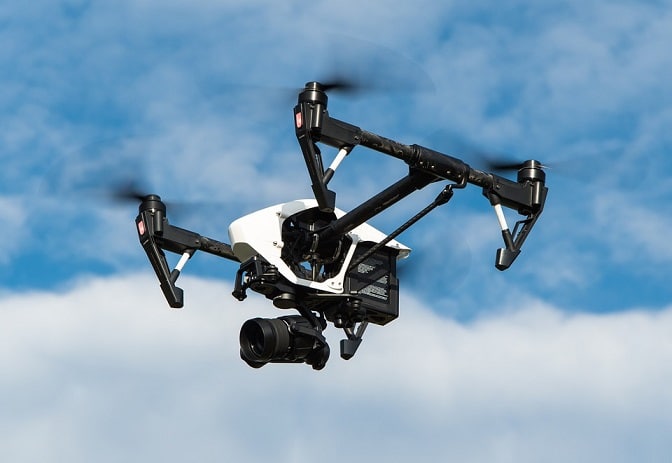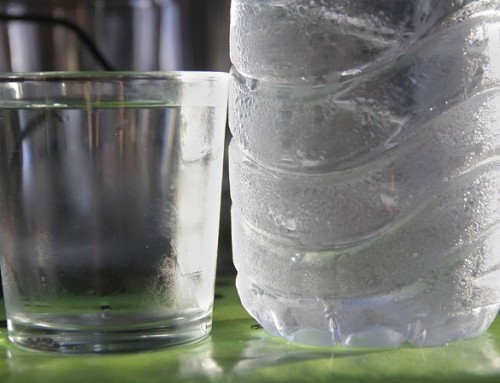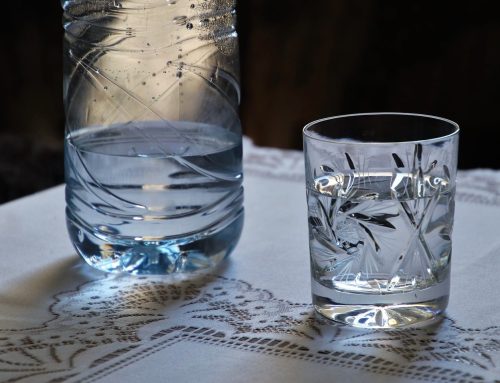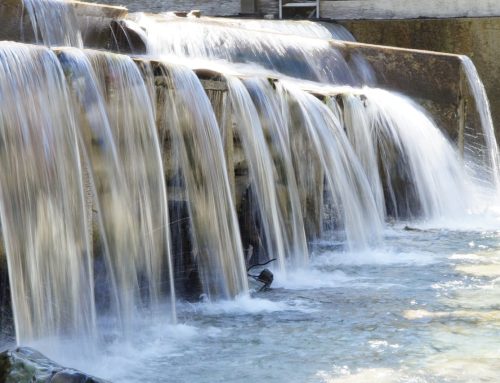Water companies are pulling out all the stops in an effort to detect leaks in the pipelines that are causing billions of litres of water to be lost annually.
One new innovation that is being tested by South West Water, working together with the University of Exeter, is the use of drone technology and thermal imaging for leak detection. Laboratory tests of the thermal cameras have so far been positive, and this means that field-scale trials are being planned for 2017.
A thermal sensor is attached to a drone, which can then be flown along pipeline routes particularly in rural locations, detecting differences in soil temperature that could be as a result of leaked water.
This technology could be a boon to the water industry as thousands of kilometres of pipes, many of them in rural and remote areas, as well as in excess of a million service connections to customers need to be tested and checked regularly. Drone technology could drastically reduce the cost of leak detection and repair by pinpointing the location of a leak more accurately, especially in rural areas where traditional methods are generally far less effective.
Bob Taylor, Director of Drinking Water Services, said: “Water is part of our region’s natural capital. It is a precious resource and, especially once it’s been treated, we all need to use it wisely and not waste it. Finding a cost-effective method of finding large escapes of treated water has the potential to help save water and make our service more efficient, which is why we’re continuing this trial with the university to test the technology on a landscape scale.”
The pilot programme is one of several projects that will be led by the new South West Partnership for Environment & Economic Prosperity (SWEEP), funded by the Natural Environment Research Council.






